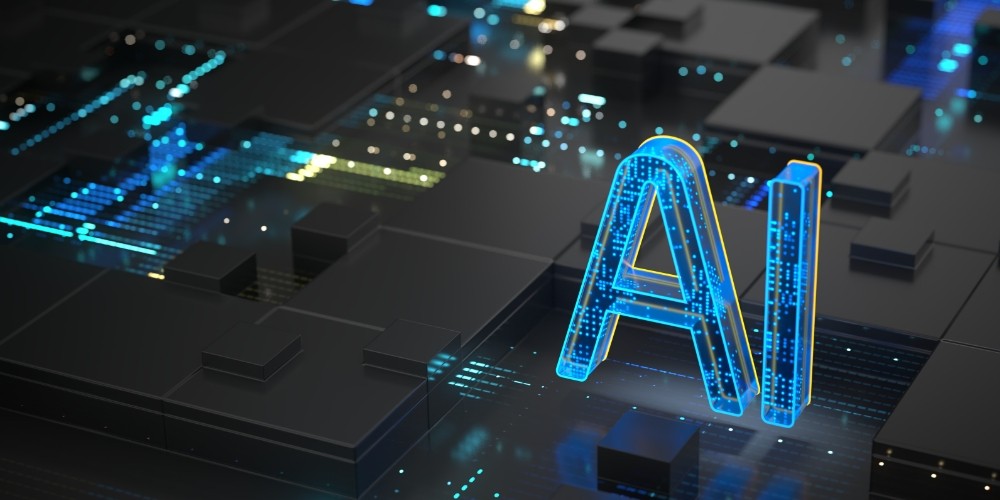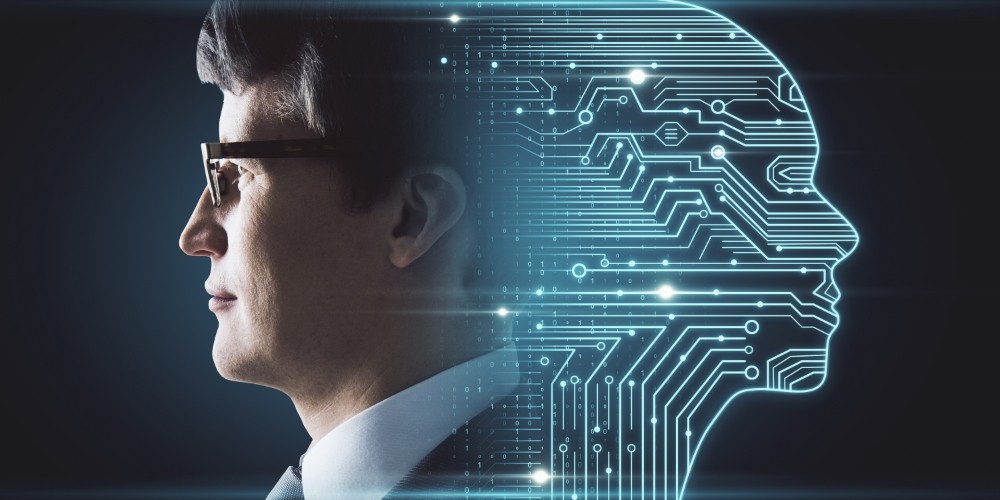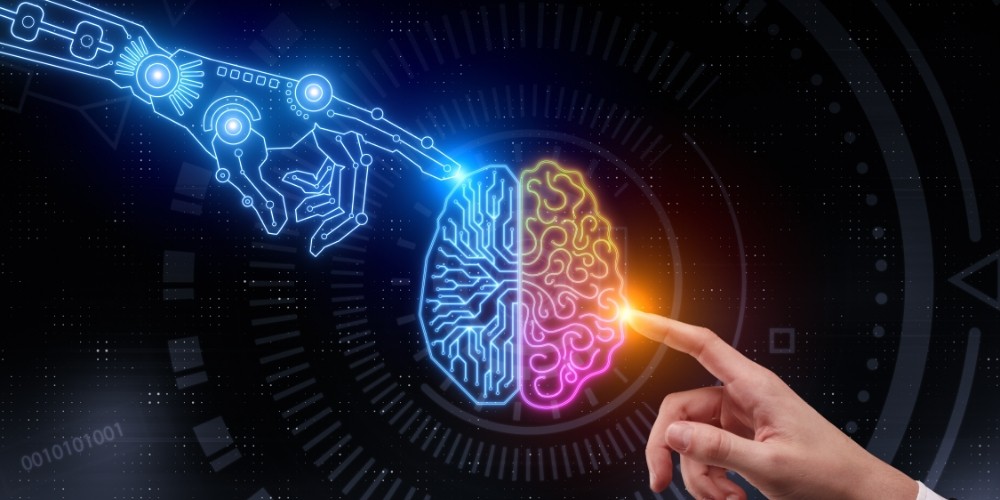Artificial Intelligence in Healthcare: Saving Lives with AI
- Jan 22, 2024
- 1108

The integration of Artificial Intelligence (AI) in healthcare has marked a new epoch in medical science, transforming the way we diagnose, treat, and manage diseases. This technological revolution comes at a pivotal moment, promising to redefine patient care, improve outcomes, and fundamentally shift the dynamics in health systems globally. This article dives into the multifaceted roles AI plays in modern healthcare, exploring its potential and the real-world impact it has on saving lives.
Understanding AI in Healthcare
Essentially, AI in healthcare involves employing computational tools and algorithms to mimic human thinking processes in analyzing, deciphering, and understanding intricate data related to medicine and health services. The primary aim is to employ this advanced technology to analyze relationships between prevention or treatment techniques and patient outcomes.
The Diagnostic Revolution
Artificial intelligence models, especially those utilizing deep learning techniques, have achieved the capability to identify diseases from imaging sources like X-rays and MRI scans with precision that matches or exceeds the expertise of human radiologists. This not only speeds up the diagnostic process but also increases diagnosis accuracy, leading to faster and more effective treatment plans.

AI in Personalized Medicine
Personalized medicine is another area where AI shines, tailoring treatment to the individual's genetic makeup by analyzing patterns and predicting how they will respond to certain treatments. This strategy can substantially boost the efficiency of therapies and lessen negative impacts, thus preserving lives and elevating the standard of patient care.
Improving Access to Care
AI systems are being deployed to improve access to healthcare in under-served or remote regions. Through telemedicine and AI-powered mobile apps, patients can receive diagnoses and treatment recommendations without the need for physical travel, which can be life-saving in critical and time-sensitive situations.
Efficiency in Healthcare Systems
AI also promises to enhance efficiency within healthcare systems by streamlining operations, reducing burdens on healthcare professionals, and cutting costs. This encompasses all aspects from coordinating patient schedules to forecasting the risk of individuals developing specific diseases and ensuring they are provided with preventive measures.

Drug Discovery and Development
The pharmaceutical industry benefits immensely from AI in speeding up the drug discovery process, which traditionally is time-consuming and costly. AI models can predict the potential success of drugs earlier, helping to bring effective treatments to market more rapidly and saving lives in the process.
Robotics in Surgery
Robotic surgery, assisted by AI, allows for precision beyond human capability, resulting in fewer complications, quicker recovery times, and saving lives. Moreover, AI can augment the surgeon's expertise, leading to more successful outcomes in complex surgical procedures.
The Role of AI in Pandemic Response
COVID-19 underscored the importance of AI in predicting outbreak patterns, enabling faster vaccine development, and managing healthcare resources effectively. AI's role in responding to the pandemic has been instrumental in saving countless lives and presents a blueprint for tackling future health crises.
Challenges and Ethical Considerations
Notwithstanding the potential benefits of artificial intelligence in the medical field, it faces substantial hurdles and moral dilemmas, such as the issue of protecting patient information, the necessity for clear explanations of AI judgments, and the danger of biases embedded in algorithms. Addressing these issues is crucial for building trust and ensuring the equitable deployment of AI technologies in healthcare.
Future Prospects of AI in Healthcare
The future of AI in healthcare is bright, with continuous advancements in AI models and algorithms expected to unlock even more potential. The focus now is on integrating AI seamlessly into healthcare systems, ensuring these technologies complement human expertise to enhance patient care further.
Collaboration for Progress
For the effective assimilation of AI into healthcare, partnership among technology experts, medical staff, policy makers, and patients is crucial. Through concerted efforts, the promise of AI in transforming healthcare and saving lives can be fully realized.
Conclusion: AI as a Beacon of Hope
AI in healthcare represents a beacon of hope, offering unprecedented opportunities to enhance patient outcomes, reduce costs, and make healthcare more accessible. As we tackle both ethical and practical issues, our primary aim continues to be clear: utilizing AI to preserve lives and transform healthcare for future generations.